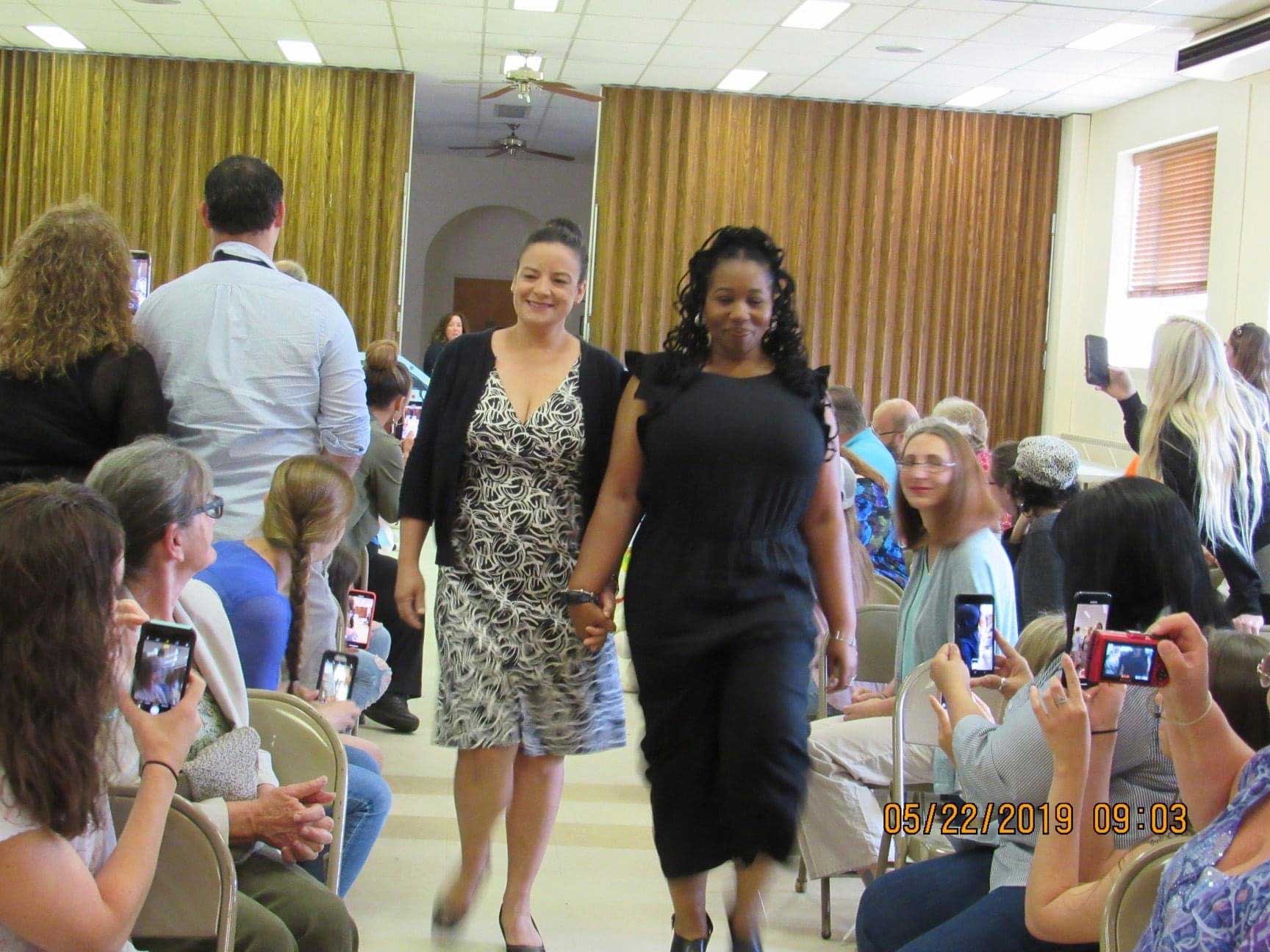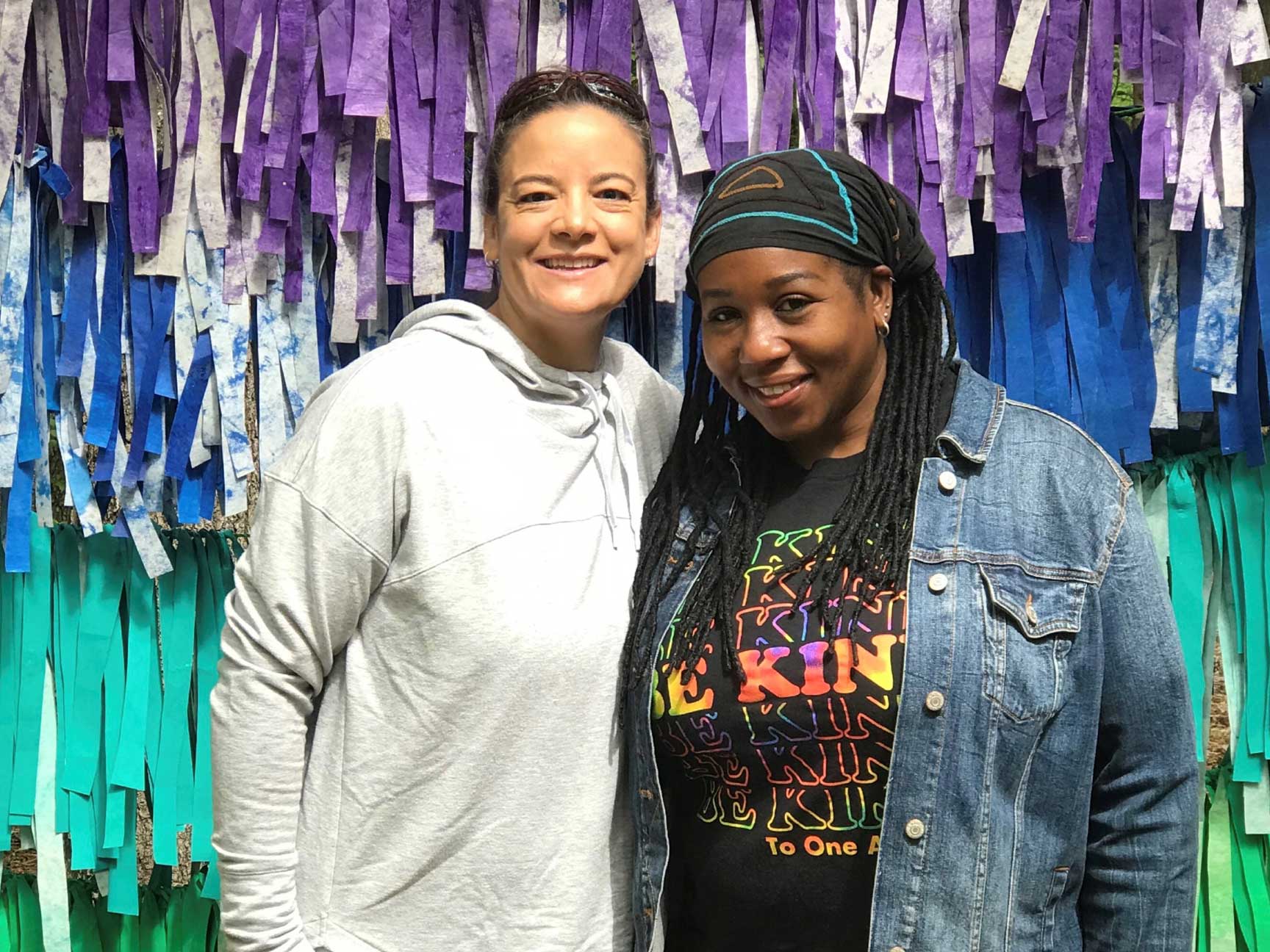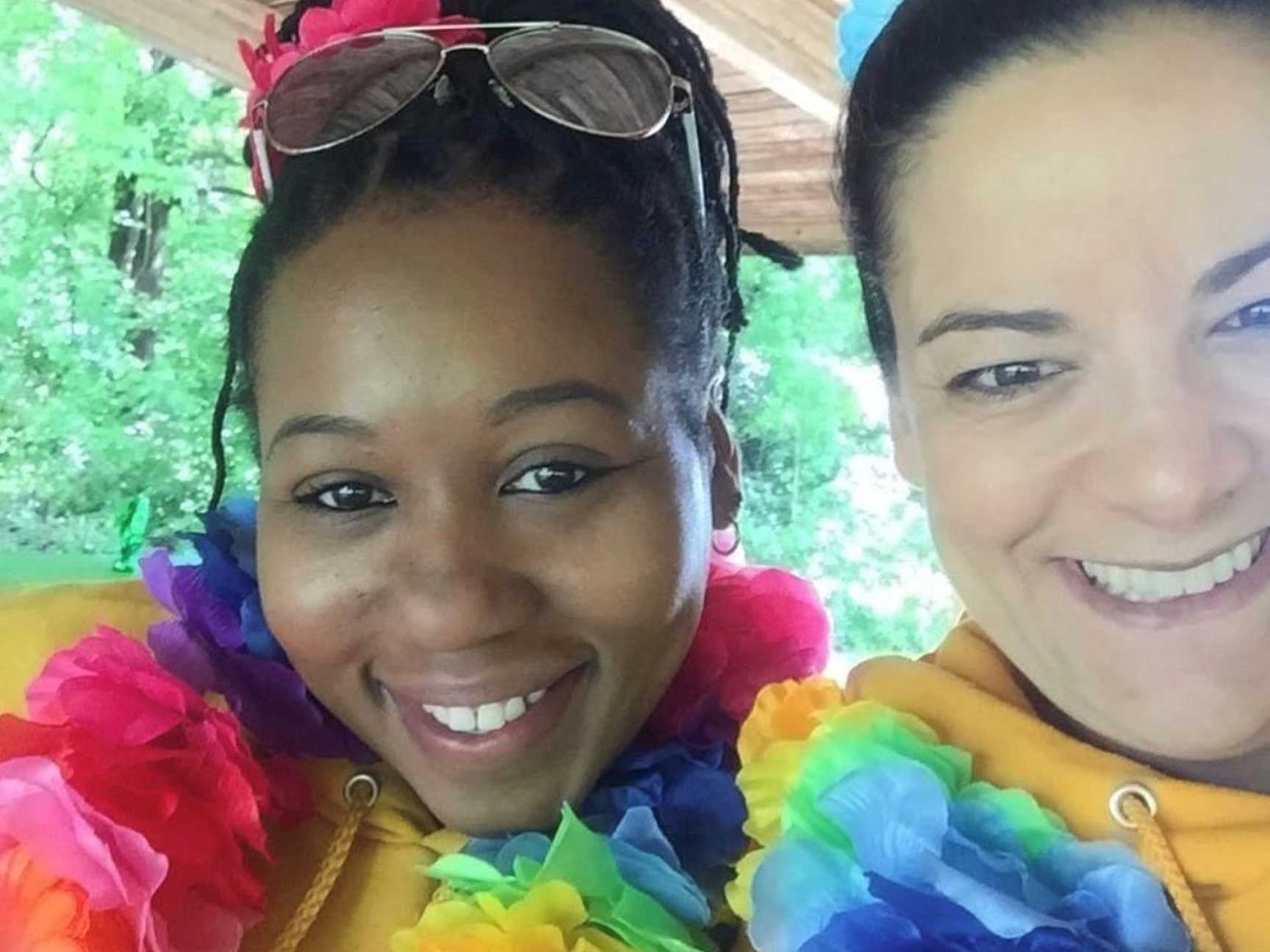Epiphany Preschoolers Playgroup at Molly's Room


About Molly’s Room
We believe that free-play is the essence of the preschooler’s experience and early childhood development. We believe that children thrive in a play-based, parent cooperative environment.
When children participate in an environment centered around play and children’s choices, the experience gives value to the child and allows for a child’s natural development socially, emotionally, cognitively, physically and creatively.

Our Friends. Our Family. Our Community
We use non-denominational, differentiated and developmentally appropriate activities comprised of:
- Literacy skills, letter/sound recognition,
- Number sense, patterns and shapes,
- Thematic units (community, literacy, science, holidays etc.)
- Cultural diversity and inclusion,
- Art/Crafts with both creative and task-based activities focusing on process not product,
- Fine motor skills (such as cutting, gluing, and name writing),
- Holiday celebrations and field trip experiences.

Addressing Children’s Needs
Social Emotional
Kindness, sharing, emotional and self-regulation, play and social skills
Developmental & Sensory
Body awareness, fine and gross motor development, creativity and self-care (independent toileting, opening snacks)
Academic Readiness
Attention & concentration, number sense, literacy, language, following directions, stewardship and cognitive growth
Cooperative Learning Community
One of the main tenets of a parent cooperative group is “we’re better together.” Our main goal is to provide a positive, play based experience for 3 and 4 year-old children. This is accomplished through a cooperative effort between the community, teachers and parents.
- Parents assist the teacher on a rotating schedule helping with projects, activities, materials and organization.
- Work with Church Pastor to communicate Church & Sunday School events and coordinate ministry opportunities 1-2 times monthly for stories, songs and/or activities.
Role of Parent Helpers
- Help children upon arrival (hanging up jackets and bags, handwashing, nametags) and at dismissal (helping with jackets, bags and cubbies).
- Join group for Circle Time and model appropriate behavior.
- Facilitate activities, crafts, and games.
- Circulate during Free Play, join in the play and ask thought provoking questions. Direct children as they clean up after Free Play.
- Assist with getting to children to the potty.
- Assist with setting up snack (wiping tables & chairs, setting a place for each student) and clean up after (wiping tables, chairs & sweeping the floor).
- Assist with supervision during outdoor play.
Gentle Discipline
A Positive Approach
Gentle discipline focuses on teaching children appropriate behavior and how to express their feelings in socially appropriate ways. Children eventually learn how to make healthy decisions on their own. In essence, gentle discipline:
- Acknowledges feelings. We talk to children about their feelings and take them seriously. Kids feel validated when they see adults take their feelings into consideration
- Puts an emphasis on safety and kids are taught the underlying reasons for rules
- Spells out expectations ahead of time. Kids are given opportunities to ask questions and are told the consequences if they break the rules
- Uses negative, positive and natural consequences and are seen as an opportunity for a child to learn
- Uses Time-Outs as a tool to teach kids to take a break when they are angry or upset and helps to foster self-awareness and regulation skills.
- Offers praise and positive attention to reinforce good choices and positive behavior.


Ms. December
Ms. Ashley



For inquiries, please contact [email protected]


